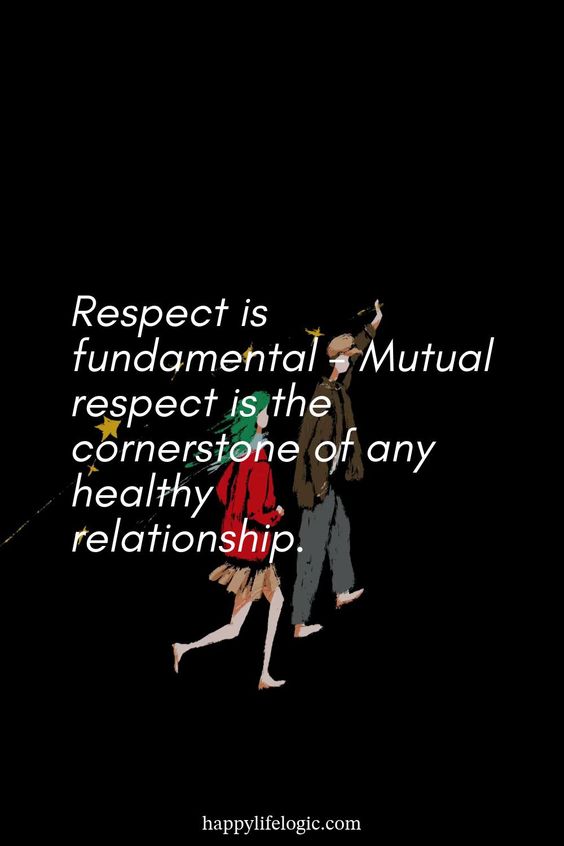Embarking on a loving journey is an integral part of human existence, but navigating its path can sometimes be overwhelming. This article explores the 5 stepping stones in a relationship, allowing us to deepen our understanding and heighten our awareness of relational dynamics.
These narrative insights, drawn from genuine experiences, serve as a guide to negotiating the intricate nuances of love and relationship.

The five stages or ‘stepping stones’ in all romantic relationships
Stepping stones in a relationship can be challenging but with patience, understanding, and love, we indeed grow stronger together. Each stage is a journey, offering its unique lessons and experiences.
1. Honeymoon
Our journey begins with that special someone, where everything feels glittery and exciting – this is what we call the ‘honeymoon stage’. Both partners are on their best behavior, and conflicts are basically non-existent. Your partner seems perfect, and you can’t get enough of each other.
2. Doubts stage
As reality sinks in, we find ourselves stepping onto the ‘doubts stage’. This is also the “getting to know” stage. This is a time of exploration of each other’s personalities, pasts, hopes, and dreams. You uncover shared values and decide if the relationship has potential.
Our partner’s flaws and differences may surface. It’s natural to question if this relationship is what I really want. This stage is an opportunity for growth and understanding. For example, one of my friend (25 year-old male) recognizes that his partner’s mental health struggles are affecting his own. Or one sees her partner’s pattern of broken trust and seeks advice.
3. Decision stage
For decision, both partners need to decide whether they envision a future together. It may involve discussions about long-term commitments, moving in together, or even marriage, or ‘assessing relationship value’ to decides if the relationship is worth continuing if one perceives the effort is unbalanced.
Sometimes, we may also ‘understand self’ during the decision stage. Despite my fears of losing my boyfriend, I acknowledges that I needs to consider my own feelings and well-being, prioritizing self need and self care.
4. Action stage
If one decides the relationship worth continuing, maybe we need to take action to “address issues”. For example, I acknowledge my suspicions and insecurities, so I had an open communication with my boyfriend, we decided to put effort together to foster trust to mend the relationship, we also tried to give each other more understanding and respect when conflicts happen again.

5. Real deal love stage
Finally, we come to the exciting part. Here’s what it looks like: you and your partner have been through thick and thin together and you’ve learned and grown a lot in the process, both as individuals and as a team. Yeah, you’ve seen each other’s quirky habits and oddball quirks, but guess what? You still decided to stick together. This stage is about that deep, unwavering love, understanding and mutual-respect.
This isn’t just about falling head over heels in love, nope. This is about waking up every day and consciously deciding to shower each other with love, yet again. Now, isn’t that something?
The progression doesn’t always follow a linear path
Relationships often don’t follow a linear path due to individual emotional needs, personal growth, and varying attachment styles. Partners may progress at different speeds, with one seeking deeper commitment while the other needs more time. External factors like life events, cultural pressures, or past experiences can also shift the relationship’s trajectory.
Moreover, relationship goals may change over time, leading couples to reevaluate their expectations and adapt to new desires or needs. Some relationships may involve breakups and reconciliation, causing the progression to restart or skip ahead. Overall, the unique dynamics of each couple—shaped by their circumstances, personalities, and external influences—create a non-linear, unpredictable progression path that defies conventional relationship models.
Effort, open communication, and understanding
Effort, open communication, and understanding are essential in relationships. Effort shows commitment and investment, while open communication fosters trust and prevents misunderstandings. Understanding promotes empathy and emotional connection. Together, they strengthen the bond, help resolve conflicts, and create a healthy, supportive partnership built on mutual respect and care.